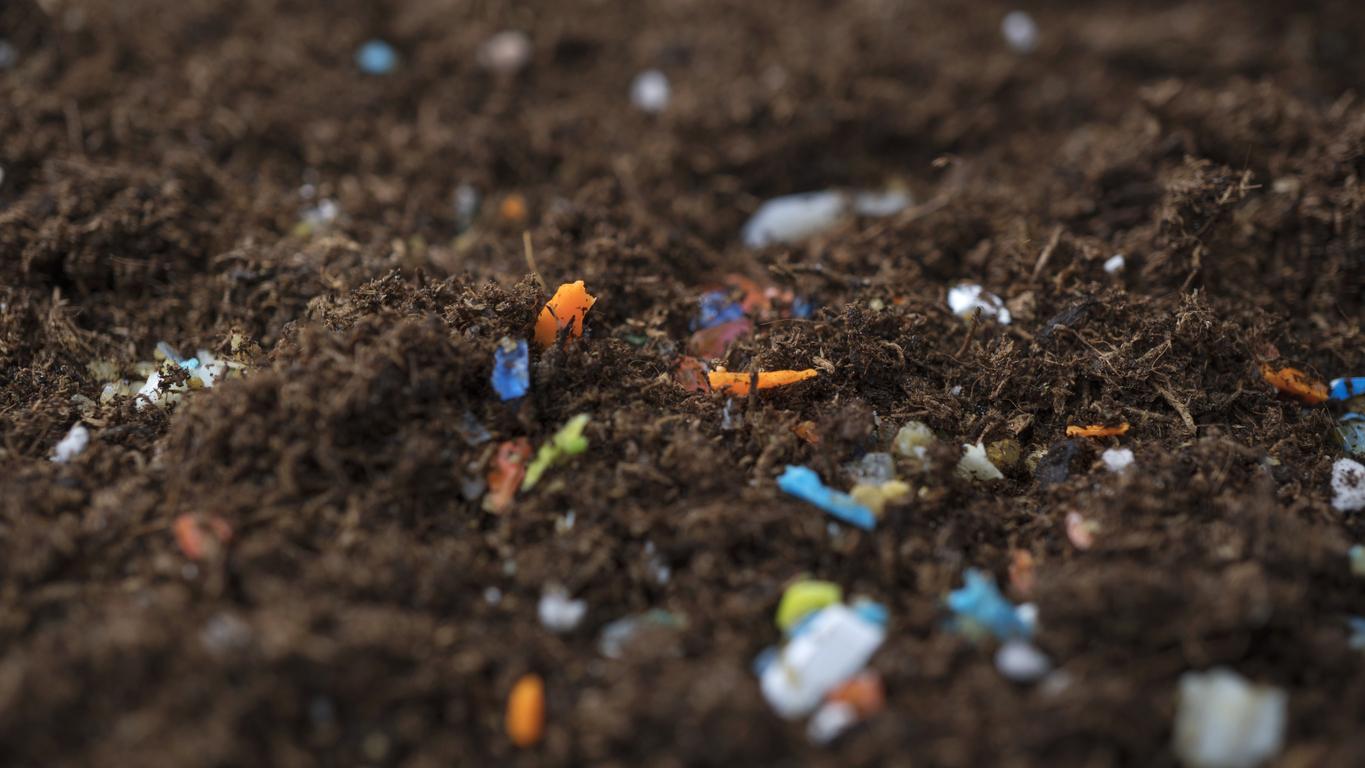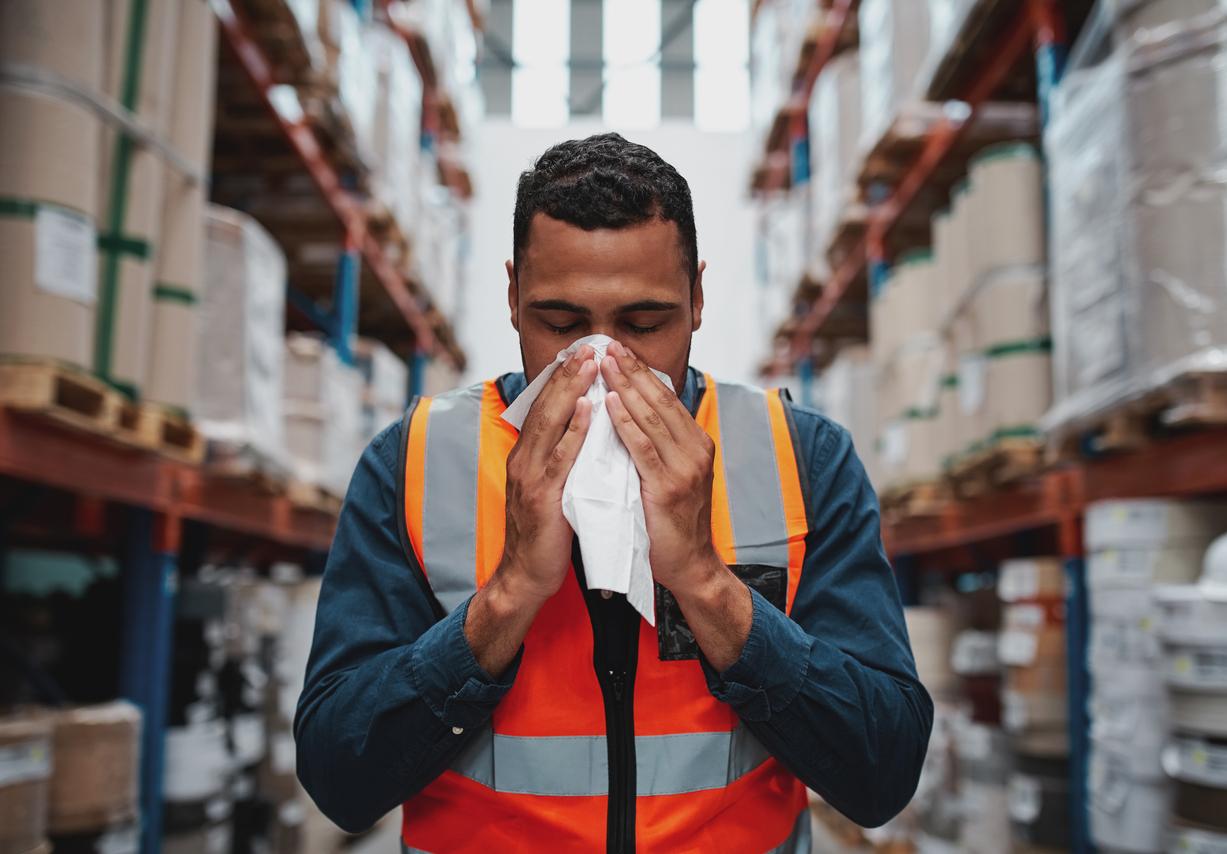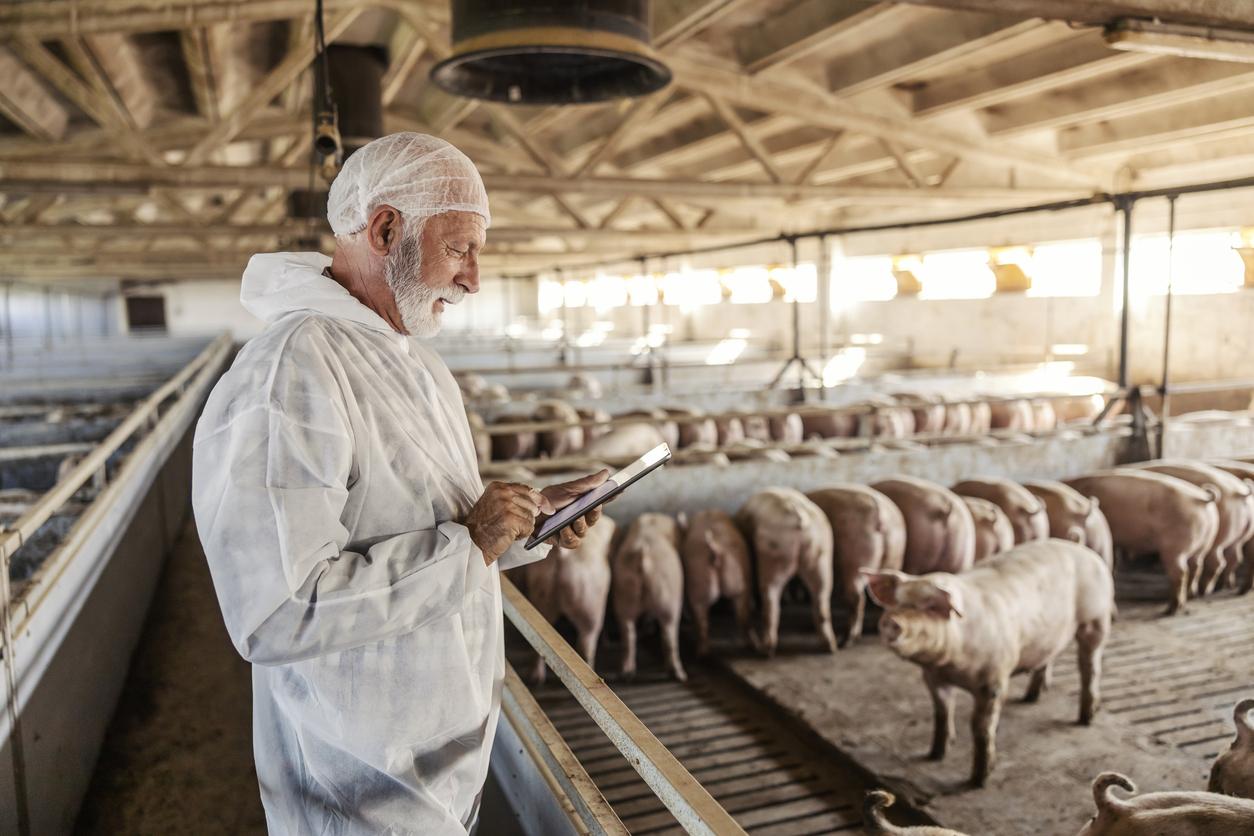ANSES produced a report on occupational exposure to pesticides. The document was buried, but some alarming extracts leaked to the press.

ANSES produced an explosive report. Too bad it hasn’t been released yet – it may never be. It must be said that the subject is particularly sensitive: the report deals with “Occupational exposure to pesticides in agriculture”. Environmental associations have been waiting for its publication for nine months; three times it has been postponed, blocked by the various ministries.
The newspaper The world was, however, able to obtain some of it – sufficient to form an idea of the scope of this document. We first learn that the authors encountered intense difficulties in collecting information on occupational exposure to pesticides, as the data are so incomplete in France. And for good reason… “No organization in France is responsible for producing them”, they indicate.
“Invisibility of problems”
More than a million people are exposed to pesticides in France, and despite the accumulation of evidence on their toxicity, the use of phytosanitary products has continued to grow. In 2014, 60,000 tonnes of products were spilled on the territory, or 9% more than the previous year.
In addition, between 2002 and 2010, the agricultural social security recognized 47 chronic diseases of occupational origin. But that’s probably just the tip of the iceberg; in fact, the absence of access to data and the lack of transparency generate an “invisibility of the problems”, according to the formula of the rapporteurs cited by The world.
And we should not rely on manufacturers to improve knowledge of the risks associated with the products they manufacture. During the approval of substances, toxicological data are particularly brief, and of very questionable scientific reliability. “The approval files to which ANSES had access are based on limited cohorts of ten to fifteen people”, reveals the daily.
Conflicts of interest
We must therefore look to the political authorities to hope for protective measures … Except that the report points to the lack of independence and the many conflicts of interest that undermine the field. The Ministry of Agriculture has certainly promised to reduce the use of pesticides, and appointed organizations under its supervision to carry out this mission. But it is permissible to doubt their efficiency.
“The advisory mission is not in fact performed by any independent entity,” say the experts, who particularly regret the lack of information on biocides intended for livestock buildings. Their report highlights the multiplicity of conflicts of interest, citing, among others, veterinarians who achieve 40% of their turnover by prescribing pest control products for herds, ”adds The world.
In the end, the report describes a country lagging behind in terms of the health protection of professionals exposed to pesticides. When other nations have set up medical monitoring of their farmers, France is ostrich and prefers to bury its reports.
.
















